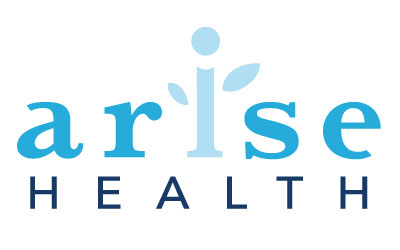By Dr Lydia Altini – Lifestyle Medicine and Health Coach
Premature menopause, also known as premature ovarian insufficiency, is a loss of ovarian function before the age of 40. Early menopause is when a woman has her last menstrual period between the age of 40 and 45. These are not uncommon conditions, affecting 3.7% and 12% of women respectively, and may have a serious impact on a woman’s quality of life.In the majority of cases the cause is unknown. It may be the result of:
- Genetic abnormalities
- Damage to the ovaries through infections, auto-immune conditions, smoking, pollutants, chemotherapy and radiotherapy
- Surgical removal of or treatment to the ovaries, for example in endometriosis
Any woman experiencing irregular periods and symptoms of menopause younger than 45 should be investigated promptly to facilitate timely diagnosis. As one can imagine, experiencing premature or early menopause may have profound psychological and psychosocial consequences with a marked increase in the risk of anxiety and depression and decreased self-esteem.
Women report being most concerned about their fertility. If not managed effectively, women are at increased risk of heart disease, stroke, diabetes, osteoporosis, respiratory diseases and high blood pressure. Cognitive function may be affected as well.
For these reasons it’s important to be properly diagnosed so that you can receive the most appropriate treatment and monitoring from a team of health professionals. As well as hormonal treatment, lifestyle modifications such as a healthy diet, physical activity and prioritizing your sleep are also helpful to reduce symptoms and improve your physical and mental health.
If you would like to know more, visit www.healthtalkaustralia.org and www.askearlymenopause.org for stories of women from diverse backgrounds who share what it is like to experience early menopause. For more excellent resources visit www.jeanhailes.org.au

